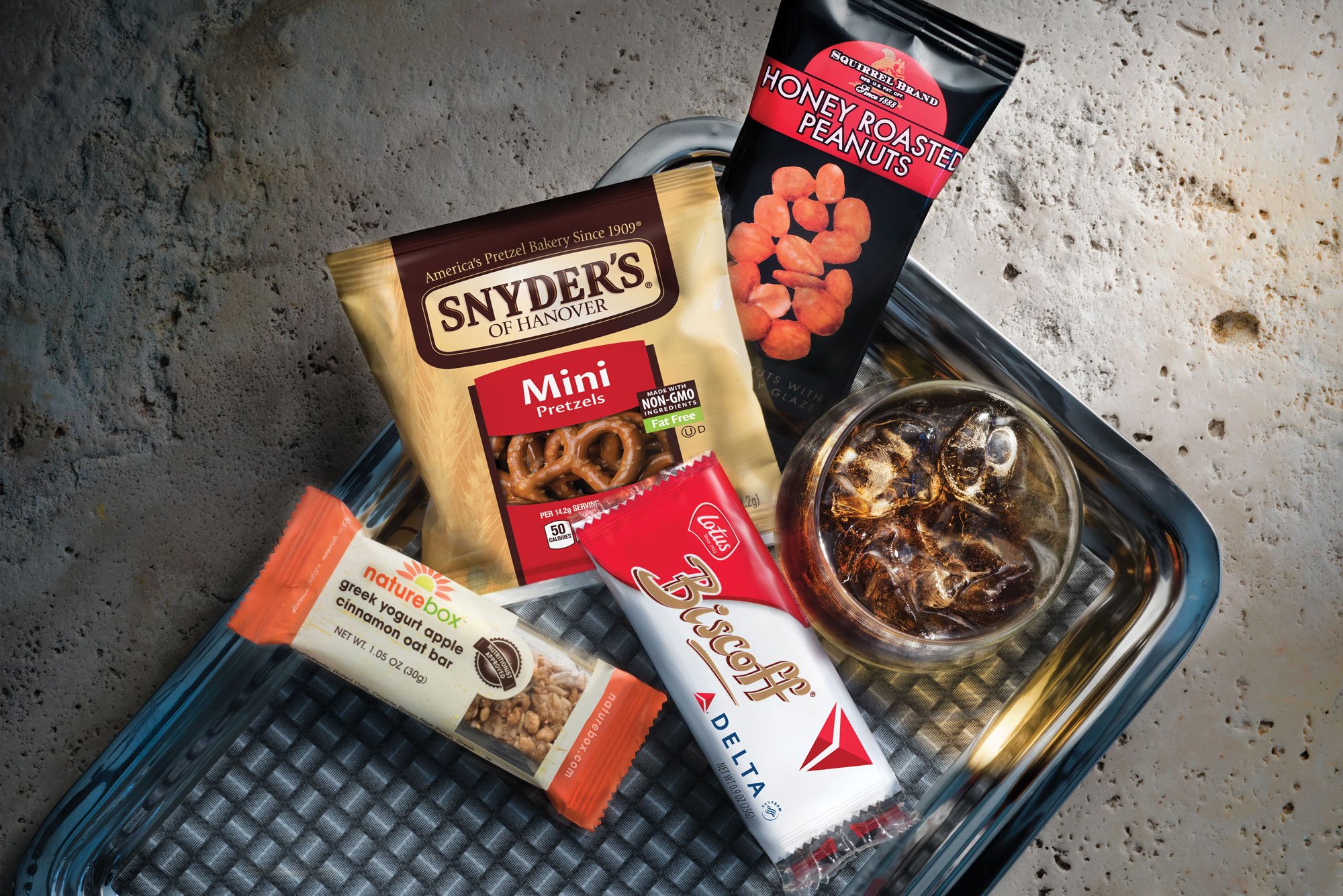Delta Won't Adjust Its Approach Despite Worries of Economic Downturn

Skift Take
Passengers probably should not get too used to all those new amenities in coach, like free snacks or booze on long-haul flights. If the economy falters, they could disappear again.
Just after the early 2000s dot.com bust, United Airlines, which operates a San Francisco hub, removed olives, lemon peels and grapefruit juice from its onboard bar, a move it estimated saved $50,000 per year.
A few months later, 9/11 happened and just about every airline, including United, made more drastic cuts, taking away food and slashing frequent flyer perks. Some airlines stopped cleaning their aircraft so often, or deferred whatever onboard improvements they had planned. Business travelers weren't flying as much, and when they did, they demanded lower fares.
Cuts tied to the economic cycle are common in every industry, but they're likely more prevalent with airlines, which can quickly go from making billions of dollars to losing billions, often for reasons outside of their control. They are
